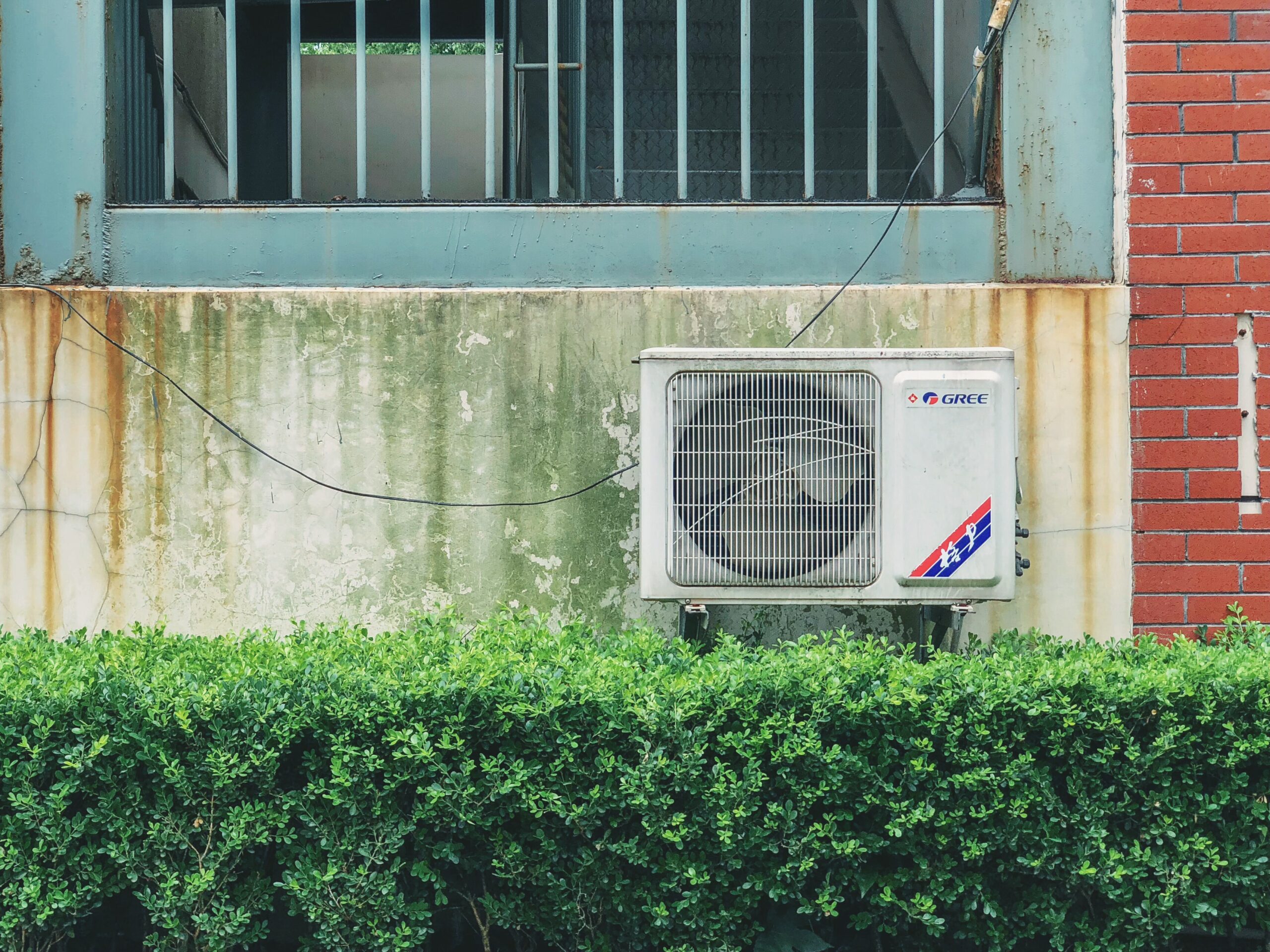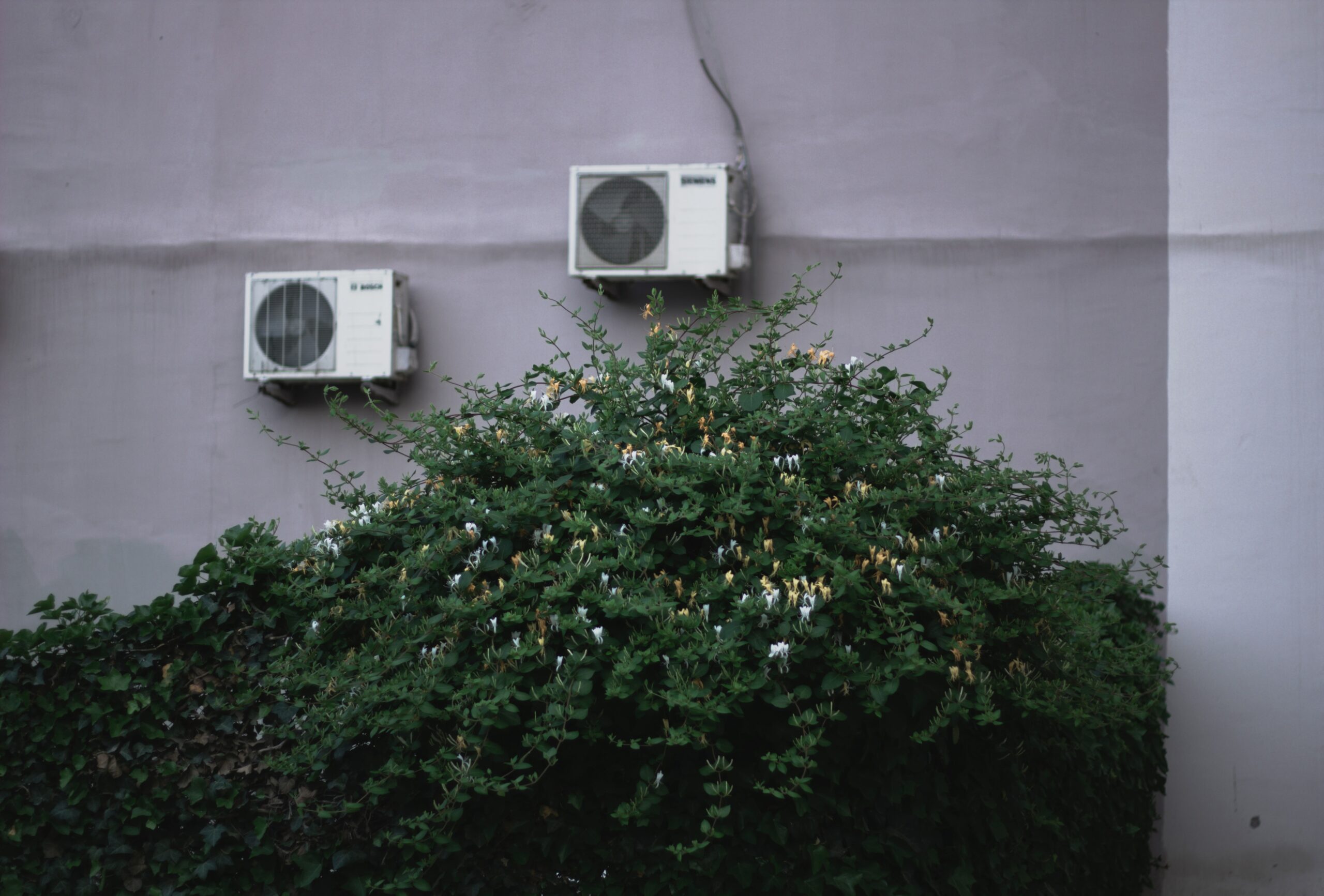When it comes to new construction, there are several factors to consider. Aside from the positive aspects, there are also issues like heating, ventilation, and something that is mostly overlooked: indoor air quality. This is important for our collective wellbeing.
In order to ensure compliance with requirements for a pleasant indoor environment, humidity monitoring instruments, as well as temperature and CO2 sensors, are used to track indoor air quality. Although the optimum regulation of humidity, temperature, and CO2 content by monitoring indoor air quality is more likely to meet the demands of many people than pure temperature control, well-being is dependent on the interplay of many variables.

Why Is It Necessary To Have Good Indoor Air Quality?
Indoor air quality (IAQ) is the air quality in a building that is inhaled by its occupants on a daily basis.
When designing new residential buildings, schools, offices, or smaller commercial facilities, there are several factors to consider. Aside from the positive aspects, there are also issues like heating, ventilation, and something that is mostly overlooked: indoor air quality.
Pollutants In The Air
Carbon monoxide can be reduced with the right device (central air, cooling, and air purification).
- Spurs of Pollen
- Viruses or germs from cement dust were filtered out of the air.
Components Of Indoor Air Quality
Ventilation: Ensures that new, clean air is available.
Energy recovery: Guarantees that heat \& moisture are exchanged between air sources, saving energy.
Air Treatment: Offers greater filtered air to maximise the indoor HVAC equipment’s energy efficiency.
Humidification: Maintains the optimal humidity level in an air-conditioned room.
Filtering: Keeps the air clean and stable by removing pollen, dust, and odours that are detrimental to our health.
Air Circulation
For buildings of all sizes and uses, ventilation systems ensure optimum climatic conditions by providing a fresh, stable, and comfortable atmosphere.
Pollutants in the room air are diluted and removed by ventilation.
Since air cannot reach or leave a fully enclosed space in a house, air contaminants stay in the room and accumulate. This can have an effect on the people in the room’s wellbeing. The dilution and removal of these air contaminants requires ventilation.
The Value Of A Ventilation Device
- This systems are designed to carry fresh air into enclosed spaces while also exchanging stale air.
- Ventilation and the use of high-efficiency particle filters in HVAC systems can help to minimise the concentration of bacteria and viruses in the air, lowering the risk of airborne transmission.
- Primary pollutants that have a high level of air circulation have been shown to be effective in protecting people from infectious substances including viruses.
- To be reliable, electronic parts must be used and handled appropriately.
What Effect Does Humidity Have On Indoor Air Quality?
A relative humidity of the room air that is too low causes discomfort. A dry indoor atmosphere causes headaches, irritated eyes, sore throats, and dry skin. The immune system is weakened by dry air, making people more vulnerable to airborne bacteria, viruses, and other microorganisms. However, in addition to the issues caused by low humidity, too much humidity can also cause issues. In these cases, harmful biological contaminants expand and spread, causing damage to the building materials.
What Factors Should Be Taken Into Account When Selecting A Ventilation System?
Filtration
A filter stage cleans the air after it has been drawn in from the outside. It’s also crucial to filter the return air. To avoid pollution of the entire ventilation system, particles from the room travelling into the return air grille must be filtered out.

Volume of sound
A ventilation system that can provide fresh air & air circulation while emitting the least amount of noise is important for causing the least amount of disruption to people in the building.
Condensity
A small ventilation system saves space and simplifies installation. To save money, it’s important to make the most of the available space in the house.
Efficiencies in energy
The extra heat in the air intake must be extracted and transmitted to the fresh air as rapidly as feasible when air is transferred.
For more information contact us! Our service team members are always ready to help with full satisfaction of customers!

